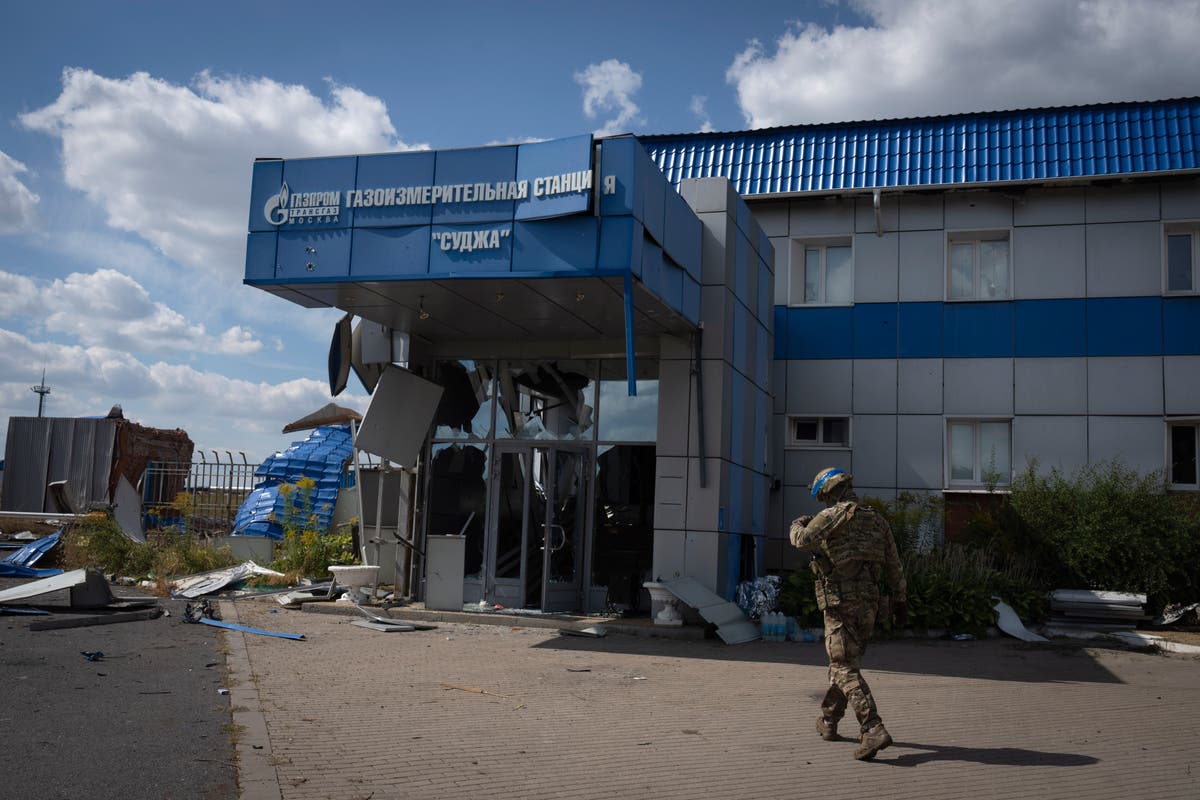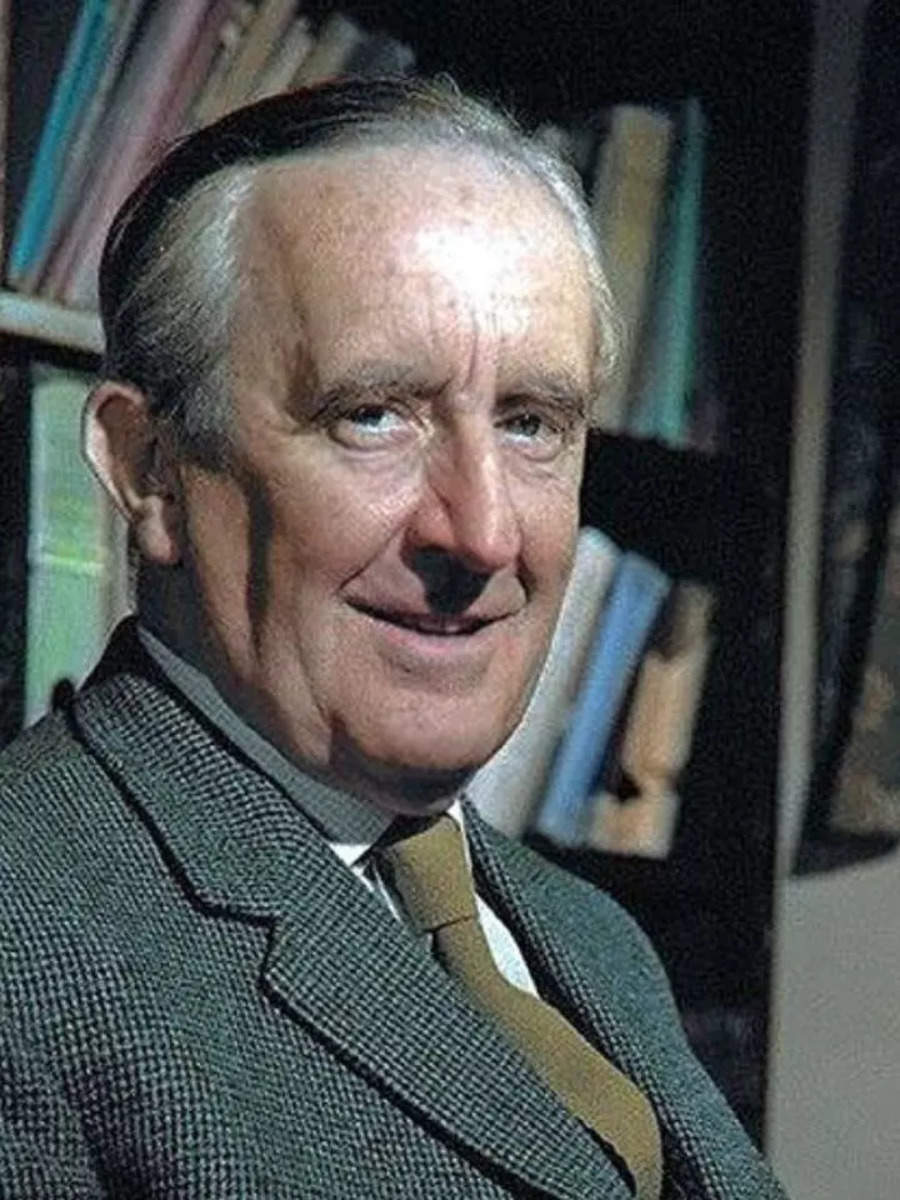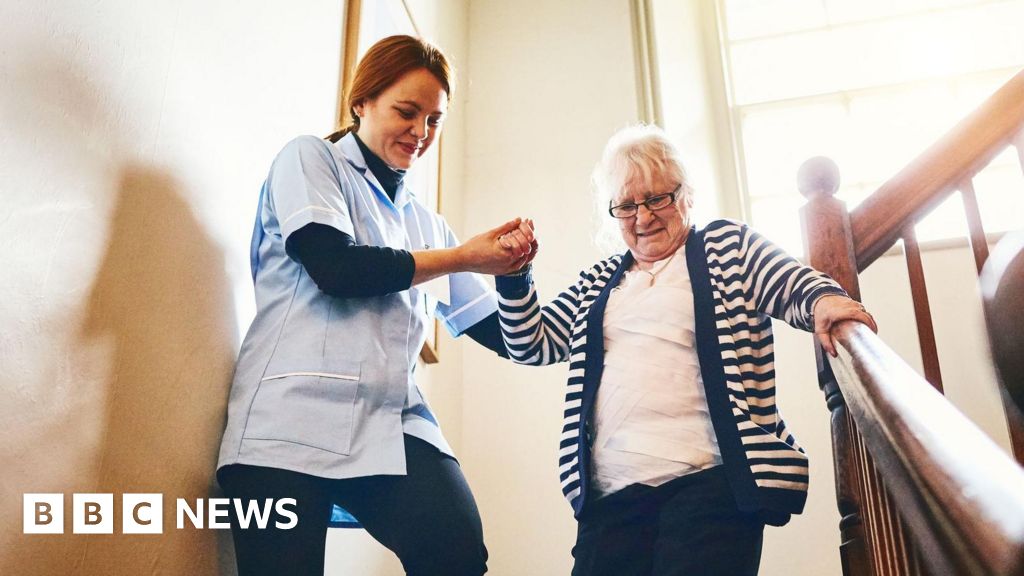Although their new contract still needs to be ratified by the full membership, Writers Guild of America leaders voted Tuesday to recommend it and end the strike.
Like many writers around town, Goldstein was waiting to hear scheduling details on Wednesday but had every expectation of starting where she left off nearly five months ago. And if the actors strike ends soon, as many hope it will, “we just will need some time to get up and running but we will be pretty ready to get into it,” Goldstein said.
“I’m just really proud of my union and grateful for everyone who put so many hours into the strike,” Goldstein added, echoing many fellow writers.
Many writers were in the middle of a show’s season or developing a pilot when the strike started May 2. Once on strike they stepped away from their computers, abandoned writers’ rooms, and hoisted picket signs instead. The length of the strike was grueling, but the contract that resulted was uniformly hailed as a big win that answers the demands of the streaming era while ensuring fair compensation for all.
In other words, many writers said, it was all worth it.
Eric Kaplan, 53, is a co-executive producer on “Young Sheldon,” a CBS sitcom that’s a spinoff of “The Big Bang Theory.” The show was on hiatus after six seasons when the strike started, and Kaplan is now waiting to hear from Warner Bros. Discovery — which produces the show — about starting work on season seven.
“I’m waiting for the word from Warner Bros. to say, ‘Yes, your deal is officially reinstated, go to work,’” Kaplan said.
“I think it’s a really great day because the writers believed in each other, and supported each other, and helped each other, and got something that’s good for all writers,” Kaplan added.
The new WGA contract won’t be officially finalized until the union’s 11,600 writers vote on it, a process set to last from Oct. 2 to Oct. 9. Meetings were scheduled in Los Angeles and New York starting Wednesday for members to get more details about the contract. But after guild leadership voted Tuesday to recommend the deal and end the strike, there was little question that the membership would vote overwhelmingly in favor.
Among the important wins in the three-year contract: guarantees around staffing size, length of employment and payment; provisions ensuring more transparency about streaming content; increased residuals for streaming shows and others; and protections around the use of AI — although the guild was not able to lock in a guarantee that studios wouldn’t use original content to “teach” AI programs.
David A. Goodman, co-chair of the WGA negotiating committee, called the new contract “transformative,” comparing it to a deal struck in 1960, when the guild won pension and heath care benefits.
“We put protections in there that say, you get a job as a writer, you’re going to make enough or hopefully make enough to survive and also be able to hopefully ride out the downtime that comes in every writer’s career,” Goodman said in an interview Wednesday.
“We kind of saved the business from itself, because the experience of writers being able to stay writers benefits the companies,” he said.
The Alliance of Motion Picture and Television Producers, which negotiated with the writers on behalf of major studios and streamers, has had little to say since the deal was announced, and a spokesman did not respond to a request for comment Wednesday.
Hollywood won’t be able to get back to full functioning until the end of the ongoing strike by the Screen Actors Guild-American Federation of Television and Radio Artists. Actors walked off the job July 14, and many WGA members are picketing alongside them in a show of solidarity. However, there is hope in the industry that the actors strike can wrap up quickly now that the WGA has paved the way.
“I think there’s a sense of relief, there’s a sense of pride in the nature of the deal that was achieved, but we’re conscious of the sacrifice it took to get there and we’re conscious of actors still needing a deal and conscious of crews who are still suffering,” said John Aboud, a showrunner for “Home Economics” on ABC, which has run for three seasons so far.
“I’m not overjoyed, I’m determined,” Aboud said. “But I feel like there are a lot of pieces to pick up.”















































